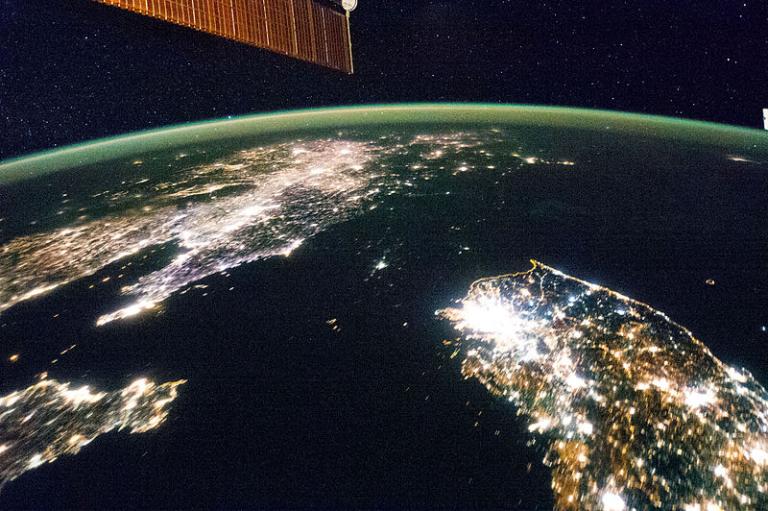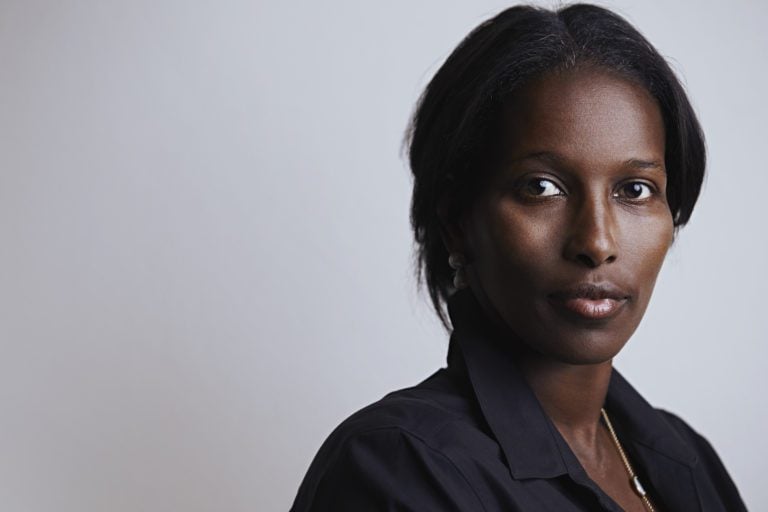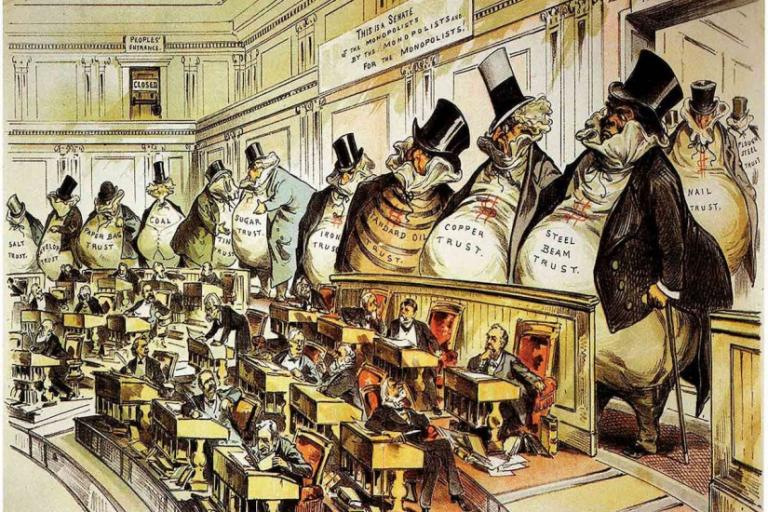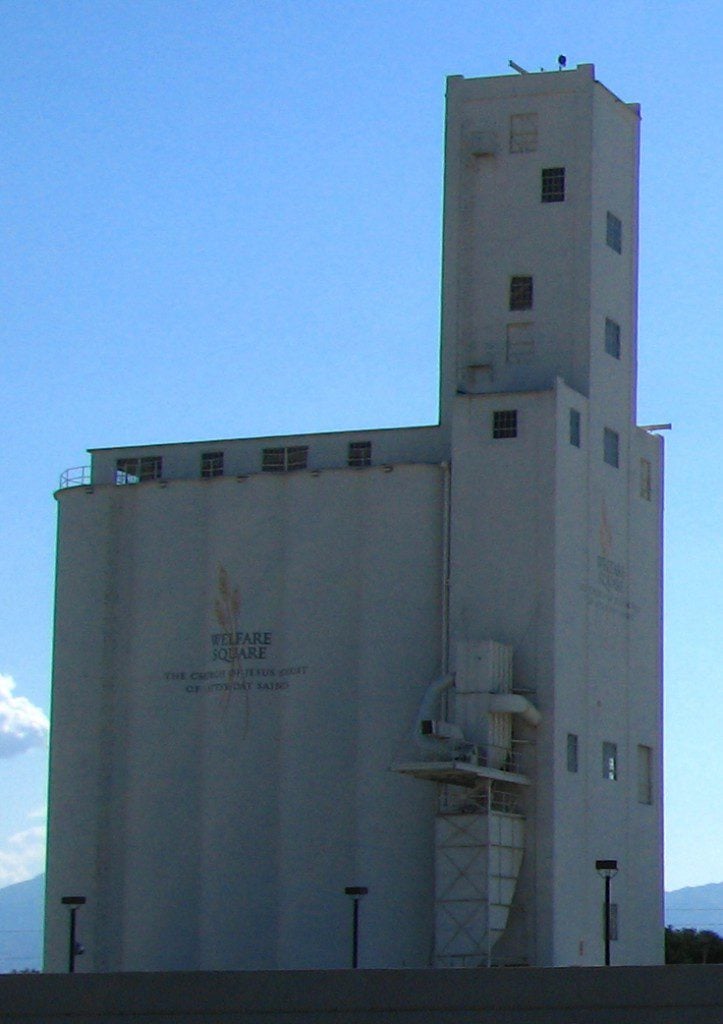
From a comment made earlier today on my blog by an advocate of socialism: “There is no profit in helping other people, therefore the private, capitalist industry will not lift one finger to do so.”
But free markets — capitalism — have done incomparably far more to help people, to reduce poverty, and to alleviate human suffering, than any other economic system in human history. And there are clear reasons why this is so.
From the great Adam Smith, the father of modern economics:
[M]an has almost constant occasion for the help of his brethren, and it is in vain for him to expect it from their benevolence only. He will be more likely to prevail if he can interest their self-love in his favour, and show them that it is for their own advantage to do for him what he requires of them. Whoever offers to another a bargain of any kind, proposes to do this. Give me that which I want, and you shall have this which you want, is the meaning of every such offer; and it is in this manner that we obtain from one another the far greater part of those good offices which we stand in need of. It is not from the benevolence of the butcher, the brewer, or the baker that we expect our dinner, but from their regard to their own interest. We address ourselves, not to their humanity but to their self-love, and never talk to them of our own necessities but of their advantages. (The Wealth Of Nations [1776], Book IV, Chapter II, p. 456, para. 9.)
Every individual… neither intends to promote the public interest, nor knows how much he is promoting it… he intends only his own security; and by directing that industry in such a manner as its produce may be of the greatest value, he intends only his own gain, and he is in this, as in many other cases, led by an invisible hand to promote an end which was no part of his intention. (The Theory Of Moral Sentiments [1759], Part IV, Chapter I, pp.184-5, para. 10.)
The genius of free markets is that they can turn even human selfishness and greed toward socially beneficial ends, as the data abundantly demonstrate. Profit is to be found in providing people chocolate bars, help with housekeeping, tasty hamburgers, asthma medicines, entertaining television shows, mowed lawns, accounting services, bread, cold beverages, comfortable clothes, well-coifed hair, and livable houses.
In coercive and tyrannical systems, however, greed need neither produce nor serve. It needn’t give people what they want. It needn’t satisfy others in order to be satisfied. It simply takes.
Here are four quickly-found little articles that might be helpful:
“Don’t tell Bernie Sanders, but capitalism has made human life fantastically better. Here’s how”
“How Truly Free Markets Help the Poor”
“Capitalism and Economic Growth”
“Does capitalism cause poverty?”
And there are many more where they come from.












